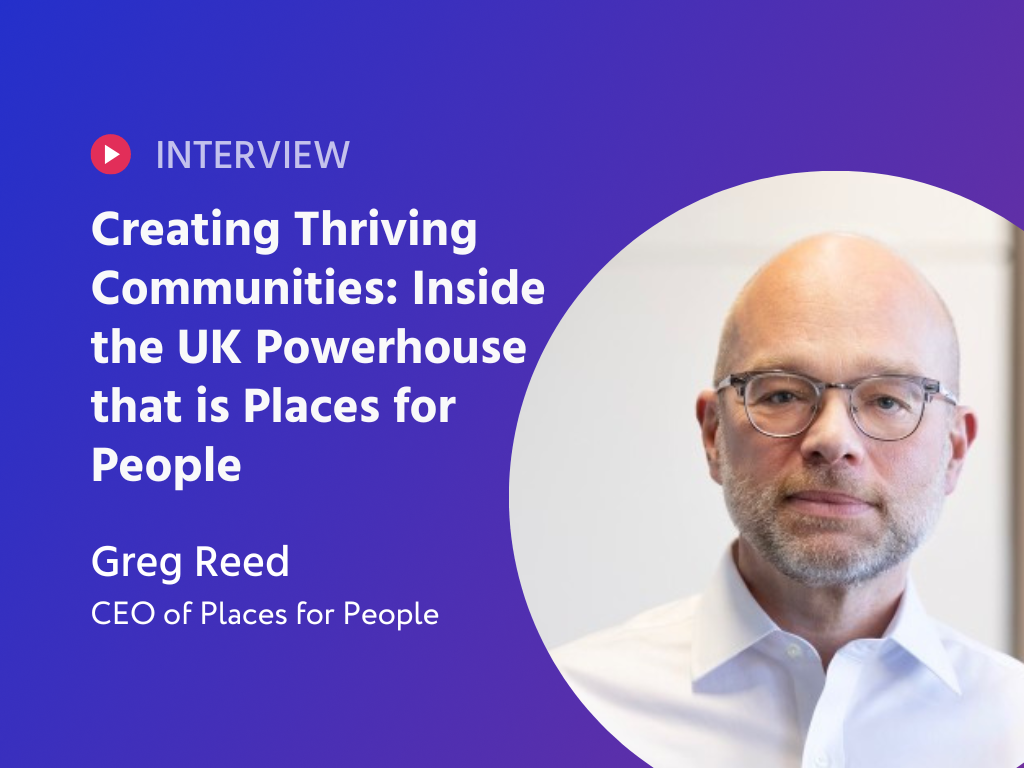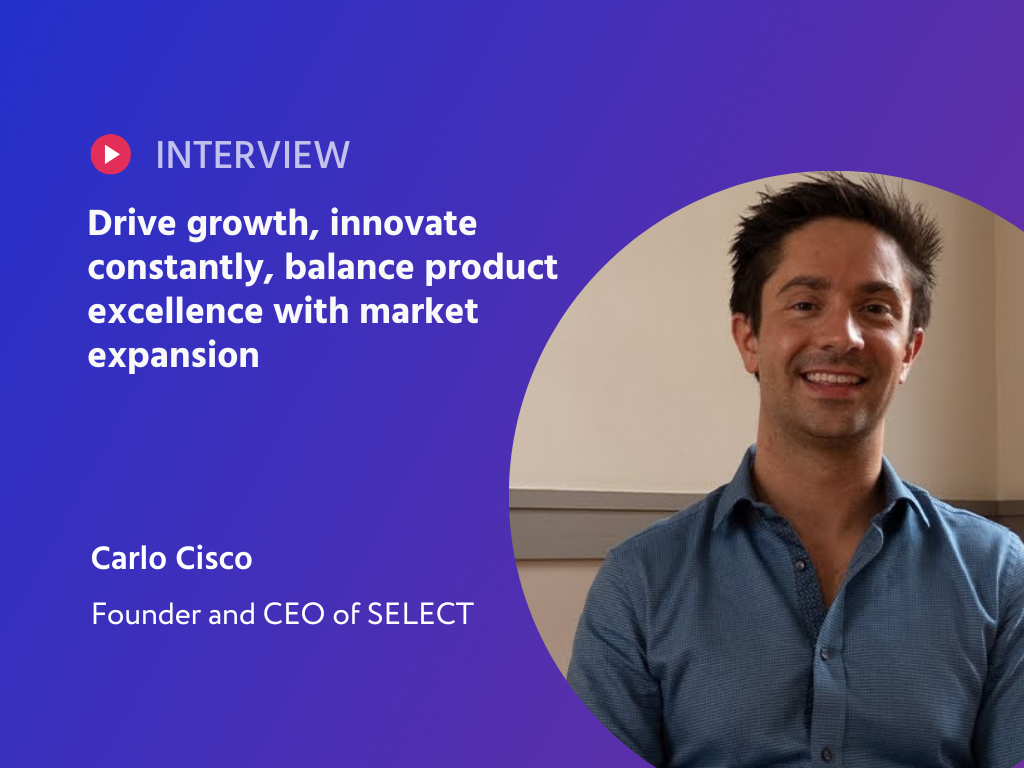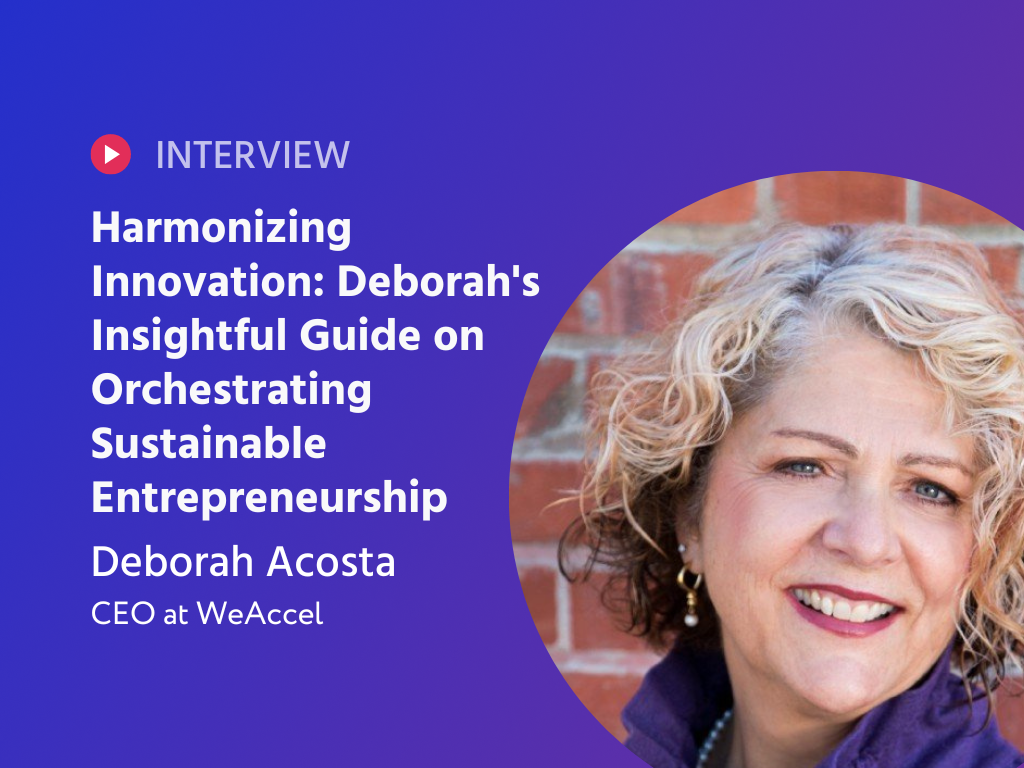HomeExchange is the largest platform for you to exchange your home with another vacation goer. Emmanuel Arnaud, CEO of HomeExchange sat down to speak with us at Temy sharing his founder’s journey. He tells of the pros and cons of being a solo founder, tips for a perfect merger deal, how to overcome that initial seed of self-doubt, and why sometimes you have to be willing to give even the most precious of hats away to make your company a success.
A journey back to the original MVP
Emmanuel’s journey first had the idea-concept of HomeExchange due to an unsatisfactory user experience.
“I came up with the idea for my company because I was dissatisfied with the choices available to organize a New Year's Eve swap between Paris and Florence. Back then, transactions were impossible since they could only be made in reciprocal exchanges, and so we came up with the idea of using a point system.”
It’s lonely at the top
As a solo founder, Emmanuel sought assistance from outsourced agencies and stated how the startup experience is somewhat lonely until the first few recruits are made, describing how the journey is even more difficult when you have a personal issue to deal with. Finding a partner to join HomeExchange around the two-year mark was a huge help in keeping the company afloat and propelling it forwards.
Emmanuel explains how there are genuine advantages to making decisions alone... Less bureaucracy. Small teams can make early, timely decisions.
“When there are three or four people, and you're enthusiastic about what you're doing, and you think you have the best startup and the best idea, it's amazing. You're working in your dream, there are no angry customers or disappointing sales.”
We were trying to create something that people would love, and that's a great feeling
A big year but a long climb
With the number of employees increasing and HomeExchange advancing to the next phase, we wanted to know if Emmanuel was pleased with the progress made this year.
“Yes. In fact, extremely. We were founded in 2011, thus we are somewhat what you would call a seasoned startup. You read a lot of articles about those crazy smart 18-year-olds who launched a startup in their garage and are now worth a gazillion dollars, but our story has been far slower and more arduous.”
Our story has been far slower and more arduous
“This year, though, has been surprisingly simple. People want it to travel more, and many of the measures we implemented during COVID slowed us down, but we were able to work on ideas, develop the product, etc., all of which have come to fruition this year.”
Need to know: Merger process
One of the hardest moments was after HomeExchange went through its merger. Emmanuel describes the difficulty due to the merging company being about five times larger than they were.
Merging is a complicated process
There was some instability, and we had to part ways with a number of people who had been working for a long time for the company.
Mistakes are part of the teething process, it's part of growing up
From a commercial standpoint, merging firms that are both in the same industry and have competitive capabilities is a no-brainer, but cultural differences will make assimilation difficult. We ask Emmanuel how other founders should approach the merger process.
As a CEO, it would be prudent to step back from the merger because it is far too much to take on while raising funds and meeting targets, he says.
Plate spinning is a fine art in the merger process
If I could turn back time
If I had to do it again, I would put people in charge of making the merger a success, rather than relying on the CEOs to do it. As a CEO, you have a lot of responsibilities, and this was our most important project. And so, we were very focused on it.
In doing so, they were unable to divert attention away from their own company, nor were they able to devote sufficient resources to the new company in comparison to what is required.
Putting more people in charge is the best way to ensure a successful merger
"I was coming from one company, and I was trying to listen to the other, to really understand their culture. But I think I underestimated some aspects of things that their community valued."
Streamline the process
Emmanuels advice:
“Organize the process so that it begins with security, financing, and all necessary conversations. If you have the money, you're in a much better position to negotiate property acquisition, so that's a lesson I've learned.
In terms of combining, I believe I underestimated the complexity of merging two businesses, even though we had 20 employees and were acquiring a company with 70. Even at that scale, it's a massive undertaking with huge leaps on both sides.”
Sometimes it takes longer than expected to complete a merger. Ex-rivals are accustomed to seeing each other as the enemy, so expecting them to get along right away is unrealistic.
“To be successful, both cultures must understand one another," Emmanuel said.
A CEO should be able to get their hands dirty
Emmanuel believes that any founder, whether or not they have a technical co-founder, should understand the fundamentals of the technology, the problems, and the overall situation. Similarly, he believes any CTO founder must have a solid understanding of business and finance fundamentals. It helps to have both a bird's-eye view and a thorough understanding of the inner workings of YOUR company. You can't always be a master at everything, you know the old saying - Jack of all trades but a master at none…
“If you're the founder of a farm, you don't need as much technical information, and yet your website exists thanks to developers, and what you'll be able to do and how you'll be able to adjust it is entirely dependent on the dev team. So it's critical that you grasp the issues and understand the fundamentals, but not so critical that you need to jump in so deep.”
Are you sure, though? Sowing the seed of self-doubt
You know the score… You have an idea, and believe it is something no one else has or something no one has yet done right. And then when you go for the family and friends round of funding you have to convince them that your idea is indeed revolutionary, that they aren’t wasting their dollar on your ‘adventure’.
Emmanuel tells how you would hear things, from even those closest, saying, “Are you sure that this is a good idea? Oh, but this type of thing already exists. There's probably a reason nobody does it this way. But you don't have any skills in that,” forcing you to, naturally, second guess your decisions.
But how do you survive the seed of self-doubt when all you have is your idea and a presentation this far? Even harder yet, as a solo founder….
“The truth is that the world is filled with great companies founded by people who were completely incompetent, but had a brilliant idea and believed in themselves. I went through several bouts where I doubted myself. It's not easy when others challenge you and all you have is a PowerPoint and this idea to convince yourself and them. I guess the first thing I like to tell them is, you're doing fine. You're doing a great job.”
Be open to others' ideas, take the advice, but block out the doubt
The hat you are reluctant to give away
One of the challenges of being a CEO, according to Emmanuel, is that you must constantly reinvent your role and define it based on what the company requires rather than what you enjoy doing.
As the company grows, tasks you once controlled and hats you once wore will be assigned to someone more competent with experience to propel your company forward even further. Emmanuel describes how his job used to entail providing customer service for the product, but it gradually evolved into spending time with lawyers and financiers and then purchasing other firms.
"I like the idea of designing and challenging myself, of thinking about specs and where the button should be and where the flow should be, and that's exactly what I did at first. But after three or four years, we needed key expertise to do that, which was not my responsibility."
A lot of the things I enjoy doing are no longer my responsibility - that's the biggest sacrifice




